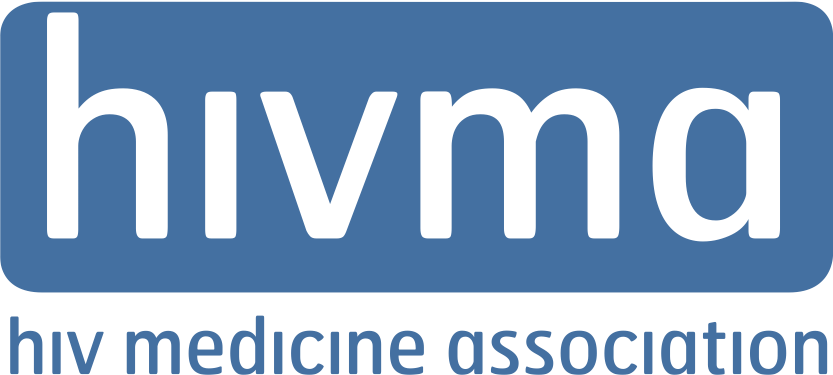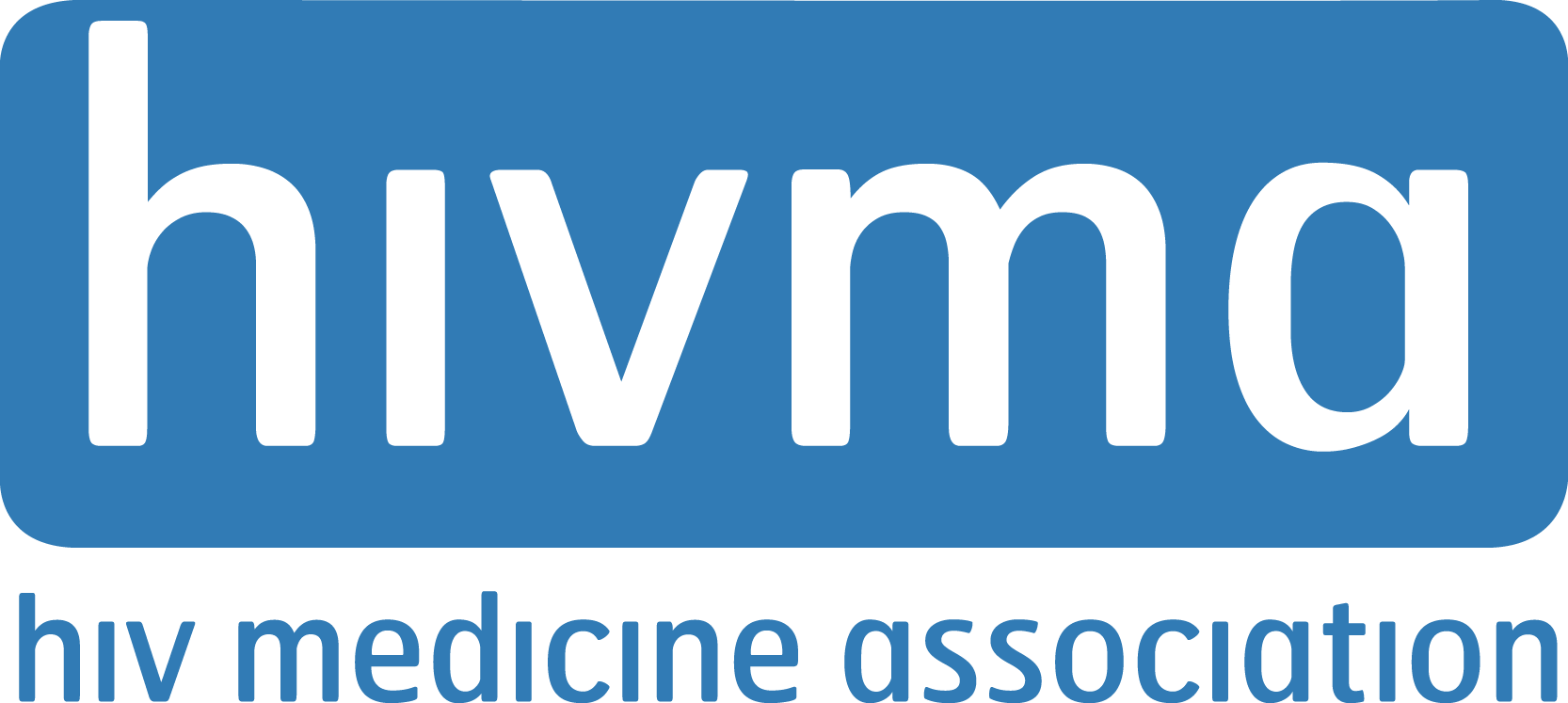NEWS RELEASE
House Subcommittee Spending Bill Prioritizes Ending the HIV Epidemic
The House Appropriations Labor-Health and Human Services subcommittee advanced a bill Tuesday that would provide essential support for the administration’s initiative to end the American HIV epidemic in the next 10 years.
Aiming to reduce new HIV cases by 90% within the next decade by expanding HIV testing, care, treatment and prevention, while better identifying and responding to clusters of new cases, the Ending the HIV Epidemic initiative holds the potential to eliminate the public health threat of ongoing HIV transmission in this country. The bill passed by the subcommittee supports these goals and largely adheres to the administration’s budget proposal by including:
- $140 million in funding for HIV prevention at the U.S. Centers for Disease Control and Prevention;
- $70 million in funding to the Health Resources and Services Administration’s Ryan White HIV/AIDS Program;
- $50 million in funding to HRSA’s Bureau of Primary Health Care to scale up pre-exposure prophylaxis – PrEP -- in community health centers.
In addition to funding the Ending the HIV Epidemic initiative, the bill includes:
- An additional $63 million increase to CDC’s National Center for HIV/AIDS, Viral Hepatitis, STD and TB Prevention;
- An additional $46 million increase to the Ryan White HIV/AIDS Program;
- A $155 million increase for HIV/AIDS research and an overall $2 billion increase for the National Institutes of Health; and
- A $6 million increase to the Minority HIV/AIDS Initiative funding distributed by the Department of Health and Human Services.
Although not part of the administration’s initiative, the bill would promote evidence-based policies critical to ending the HIV epidemic by not including language restricting the use of federal funds for syringe service programs, and by blocking the administration’s onerous restrictions – widely known as the “domestic gag rule” -- on family planning clinics that receive Title X funding. Eliminating these restrictions is essential to achieving HIV and other public health goals, as clinics funded under Title X are key access points for HIV and STD screening and other prevention services for low-income women and other populations with limited access to health care in many communities.
As physicians and researchers on the frontlines of America’s HIV epidemic, the members of HIVMA welcome all of these provisions, and hope, when more details are released, to see proposals for additional funding increases for responses to rising rates of STD and viral hepatitis and other infections linked to the opioid epidemic, including the $58 million proposed by the administration. HIVMA will continue to urge House and Senate leaders and the administration to work together to lift budget caps to avert harmful cuts to HIV and other public health programs, and ensure speedy passage of funding, like that approved by the subcommittee Tuesday, to end the HIV epidemic in the United States.


